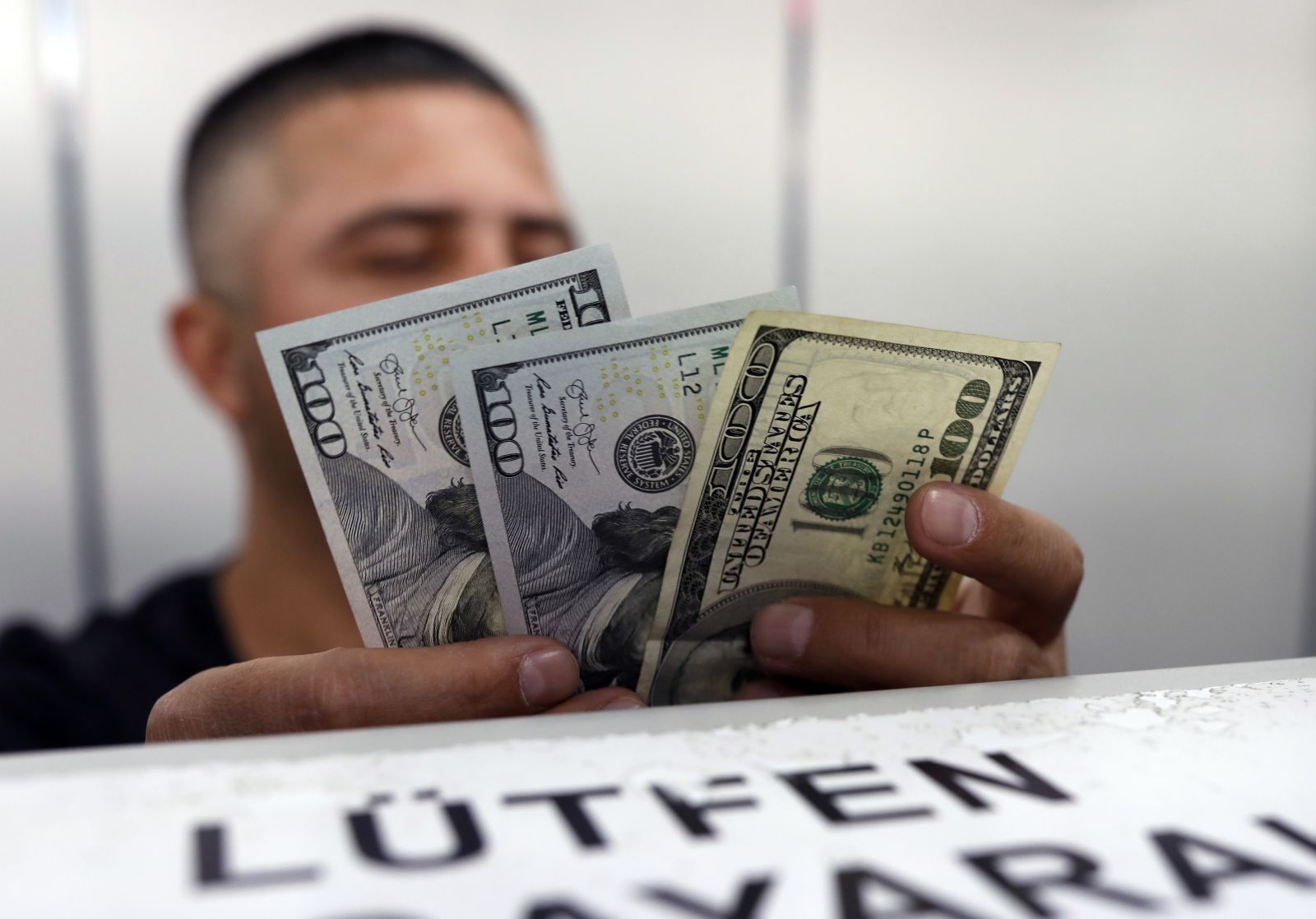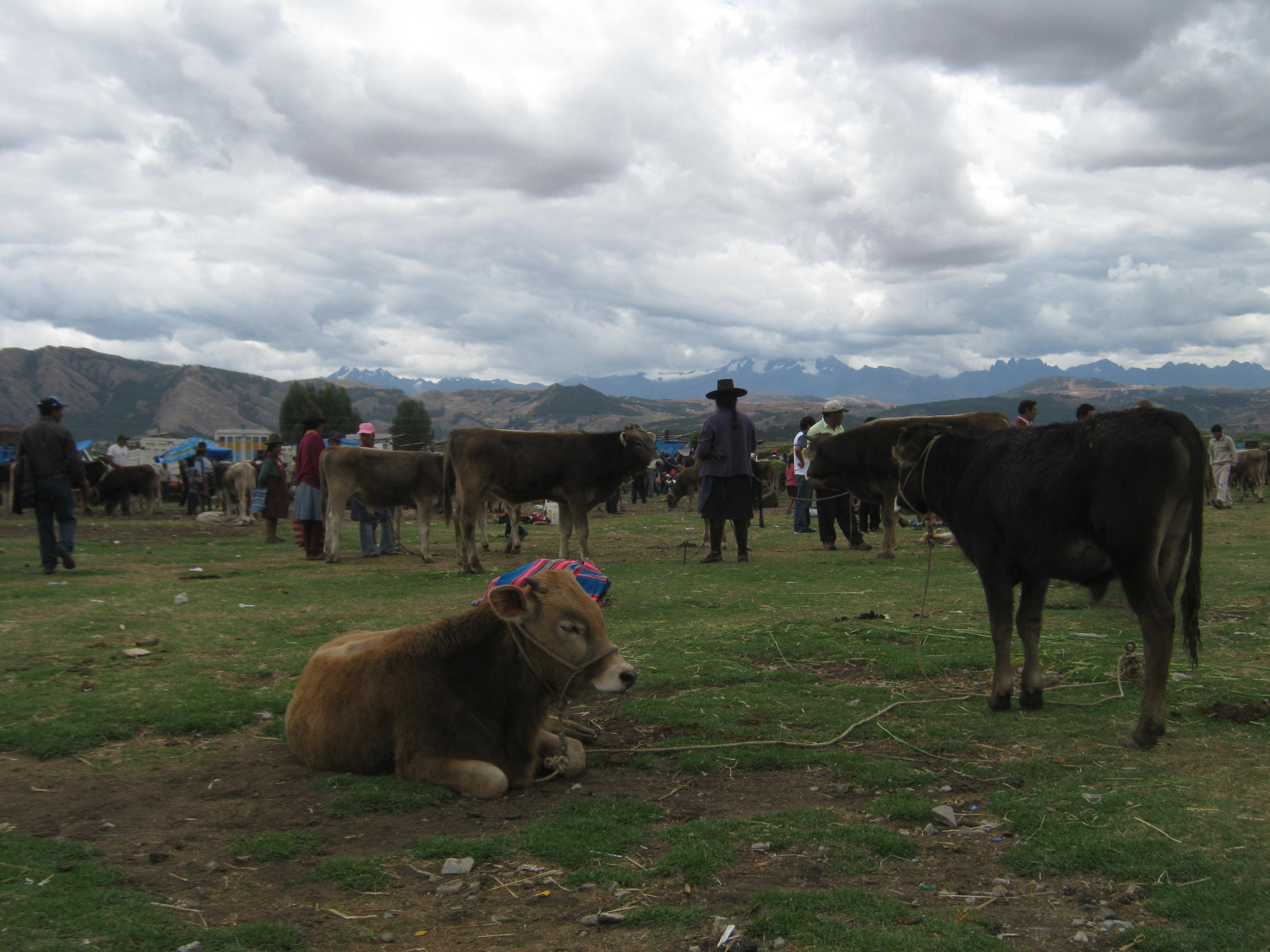The dangerous downward spiral of Turkey’s economy
Compared with the dollar, the Turkish lira lost more than 40 % of its worth in the course of this year. There are several reasons. Two important ones are that the dollar is appreciating internationally and that interest rates are rising in the USA. These trends matter because the Turkish economy has been driven by the cheap dollar for the past decade. Investors from the rich G7 countries channelled massive funds to the private sector in emerging markets because they wanted higher returns than low investment rates and stagnant economies promised in the advanced nations.
Due to the inflow of foreign capital, loans became unusually cheap in Turkey and other emerging markets. A stronger dollar and higher interest rates in the US mean that this trend is now ending and even going into reverse. This is an economically very difficult scenario, as Iwan J. Azis explained in D+C/E+Z. Paut Krugman, the nobel laureate and New York Times columnist, has more recently dealt with the matter.
At this point, global trends are hurting Turkey in particular. According to estimates, Turkey needs an inflow of about $ 200 billion per year. Instead, money is now pouring out of the country. International investors have been withdrawing from Turkey for quite some time. That withdrawal has now turned into a stampede. The Turkish economy is caught in a downward spiral. As the dollar appreciates, Turkish borrowers find it increasingly difficult to service dollar-denominated loans. Accordingly, investors doubt they will get the returns they expect. The incentives to withdraw from Turkey thus increase as the lira depreciates. At the same time, withdrawal ensures that the lira depreciates further. Such a vicious circle is certainly a very serious problem.
Turkey’s president, however, has been in denial for a long time. To strengthen the lira and fight inflation, Turkey should have tightened its monetary policy and reduced public spending. Instead of promoting such policies, Erdogan has been saying for a while that high interest rates cause inflation. Economic history proves him wrong. The empirical evidence is unequivocal.
Erdogan has installed his son-in-law as finance minister, who has proven that he is clueless. Business newspapers have been discussing for months when – not whether – Turkey will need to approach the International Monetary Fund for help. By refusing to even consider the problems the Turkish economy is facing, Erdogan is driving investors away even though it needs investors. The president definitely bears some responsibility. The Turkish government has now pledged to guarantee the liquidity of its nation’s financial institutions. The truth is that it cannot do so because it does not have an unlimited amount of dollars at its disposal.
Erdogan is not the only one to bear responsibility however. A financial crisis is not brought about by one party alone. If unsustainable debts accumulate, debtors as well as creditors are at fault. Obvioulsy, a national government has a duty of prudent macroeconomic management, but it is not in control of global trends. Turkish authorities have lately done a poor job, but they are not responsible for the underlying issues, which affect all emerging markets.
The stability of the global financial architecture is a global public good. In normal times, all governments would be expected to cooperate on containing a crisis. We are not living in normal times however. US President Donald Trump thinks he can take advantage of Turkey’s macroeconomic problems. By announcing sanctions, including higher steel and aluminium tariffs, he has accelerated the downward spiral the Turkish lira is in. Trump wants his Turkish counterpart to free an American pastor, but Erdogan says this man has ties to those who orchestrated a failed military coup two years ago.
By making Turkey’s economic problems worse, Trump is playing with fire. One characteristic of financial crises is that they can fast spread to other countries if investors think the scenario is similar. At some point, the solvency of major international banks may be at risk, and the global system could freeze to a standstill as it did in 2008 when Lehman Brothers failed. I’m not saying that will happen, but there is a risks. It is true that the banks most exposed are European, but should one of them fail eventually, the US economy would be badly affected too.
Global corporation is needed to safeguard global public goods, and containing a financial crisis is a global public good. To judge by past experience, international institutions do not always handle such crises well. However, they have been quite successful in some cases. Lessons can – and must – be drawn. Given that many parties play a role in causing crises, it is obvious, that many parties should cooperate to solve the problems. Doing so is not easy, but it is possible.
Some weeks ago, Argentina turned to the IMF for support. As in the case of Turkey, the strong dollar and rising interest rates contributed to that country’s problems. So far, however, the IMF medicine seems to be working. Turkey’s crisis may now compound Argentina’s to the extent that it makes investors’ faith in emerging markets dwindle.
Trump’s stance on multilateralism is destructive. At the same time, Erdogan’s claim that he has alternatives to cooperating with the USA is reckless. No, Trump has not caused Turkey’s problems, he is only making them worse. Even the president of the USA does not have the power to redirect flows on international capital markets, even though he may think he does. Perhaps Erdogan will manage to get some kind of short-term financial support from the likes of Russia, Qatar and China. The governments of those countries, however, don’t have the power to redirect international capital flows either. Moreover, all of them face serious economic and geopolitical problems of their own. As Larry Elliott writes accurately in The Guardian, Turkey is running out of options.
Erdogan’s nationalist appeal to Turkish savers to convert their dollars and euros into lira is unlikely to make a macroeconomic difference. Small savers are no match for major capital-market players. Turkish savers who buy lira now are set to lose a lot of purchasing power, but they are quite unlikely to halt their national currency’s downward spiral.












